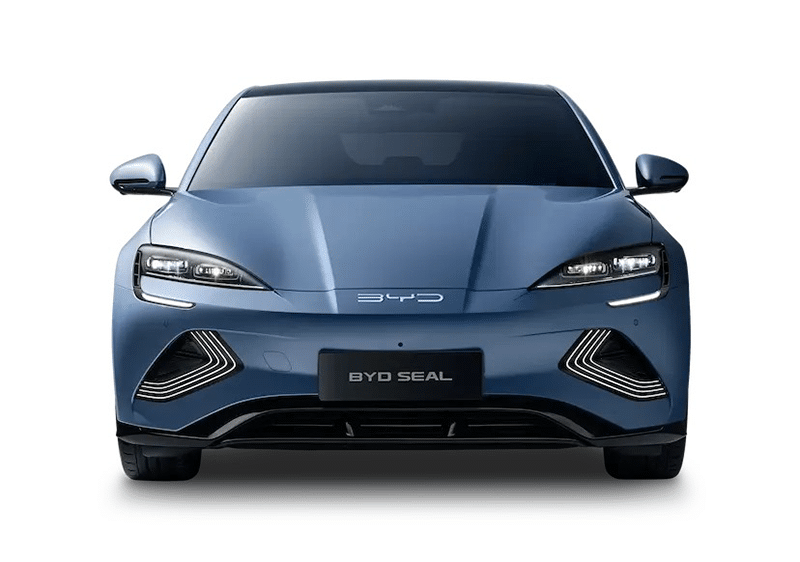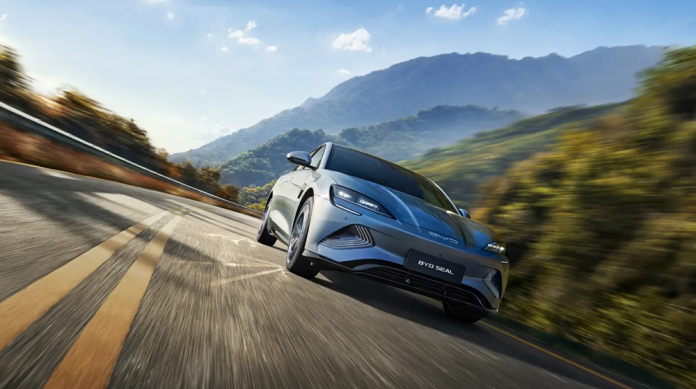The global automotive industry is undergoing a seismic shift as electric vehicles (EVs) gain traction as a sustainable alternative to conventional fossil-fuel-powered vehicles. In Pakistan, this transition is not just a luxury—it is an urgent necessity to combat the country’s alarming air pollution levels and reliance on imported fuel. Amidst recent debates surrounding the government’s EV policy, it is important to understand the strategic role that EV imports can play in laying the groundwork for a thriving local EV ecosystem.
In markets like Pakistan, where EV adoption is still in its infancy, the availability of imported EVs is critical to creating demand and building consumer confidence. Imported vehicles serve as a market seeding strategy, familiarizing the public with the technology and its benefits. These early adopters pave the way for mainstream acceptance, which is essential for any significant market transformation.

A robust demand for EVs can only be created when consumers have access to a range of high-quality options. Imported EVs bring globally recognized brands and advanced technology into the market, setting a high benchmark for future local manufacturers. This ensures that consumers are not only exposed to EVs but also to the standards of quality and performance they should expect.
Contrary to the misconception that EV imports undermine local production, they can act as a catalyst for the automotive industry. By establishing a strong market foundation, imports create a compelling case for investors to develop local production facilities. Once demand reaches a critical mass, economies of scale will make local manufacturing more viable and cost-effective.

Countries with established EV industries, such as China, India, and Thailand, all began their journeys with a phase of significant imports. These imports spurred market growth, encouraged knowledge transfer, and eventually led to the development of competitive local production. Pakistan can follow a similar trajectory, leveraging imports to stimulate the industry and attract investment.
The ripple effects of facilitating EV imports extend beyond the automotive sector. The growing adoption of EVs demands the development of complementary industries, such as battery manufacturing, charging infrastructure, and software development for EV technology. Each of these sectors presents an opportunity for job creation, skill development, and economic diversification.

Additionally, reducing reliance on fuel imports by transitioning to EVs can improve Pakistan’s trade balance and energy security. This shift not only supports the national economy but also aligns with global commitments to reduce carbon emissions.
A successful EV transition is not just about the vehicles themselves; it requires a supportive ecosystem. Importing EVs without simultaneously investing in charging infrastructure would be akin to building roads without considering fuel stations. The availability of imported EVs can stimulate the development of charging networks, as demand for these facilities grows in tandem with EV adoption.
Pakistan is at a crossroads in its fight against climate change and environmental degradation. Transitioning to EVs represents a unique opportunity to tackle multiple challenges simultaneously: reducing air pollution, lowering greenhouse gas emissions, and decreasing reliance on imported fossil fuels. Facilitating EV imports is not just about market dynamics—it is a step toward aligning Pakistan’s automotive sector with global sustainability goals.
By positioning itself as an early adopter of green technology, Pakistan can attract international attention and investment, strengthening its reputation as a country committed to combating climate change. This proactive approach also ensures that Pakistan is not left behind in the global transition to electric mobility.
The criticism surrounding the government’s EV policy often overlooks the strategic importance of EV imports in establishing a sustainable market. Far from being a barrier to local production, imports are a necessary catalyst that can accelerate demand, stimulate industry growth, and drive the development of a green economy.


